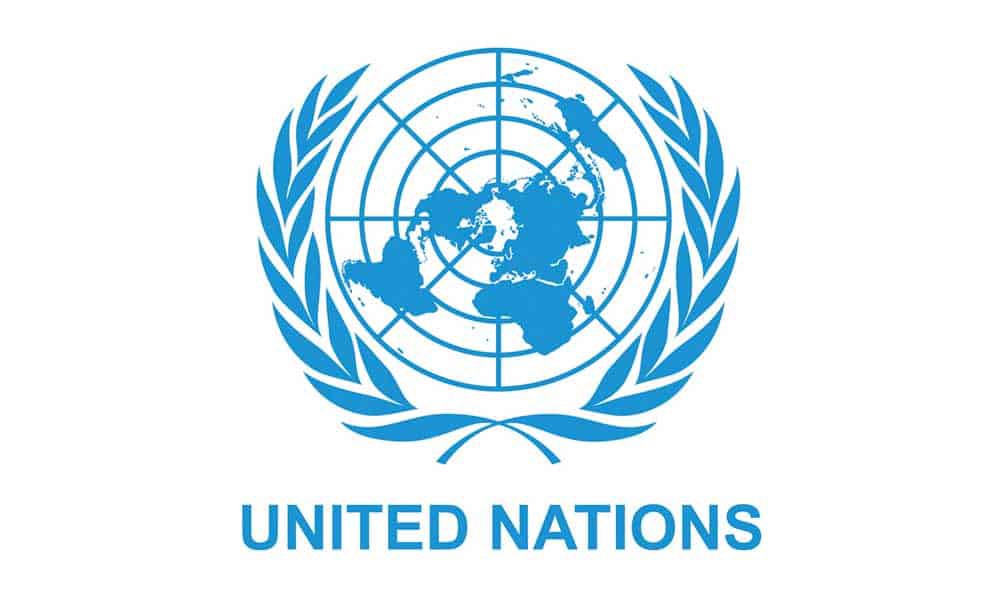 Introduction:
Introduction:
In a world fraught with conflicts and challenges, the United Nations (UN) stands as a beacon of hope, striving tirelessly to maintain international peace and security. Since its inception in 1945, the UN has played a pivotal role in addressing global crises, promoting diplomacy, and fostering cooperation among nations. This article delves into the multifaceted role of the United Nations in preserving peace and stability on a global scale.
The Foundation of Peace:
At its core, the United Nations was founded on the principle of preventing future conflicts by providing a platform for dialogue and cooperation among nations. The UN Charter, signed by 51 countries in San Francisco on June 26, 1945, laid the groundwork for a collective commitment to peace, security, human rights, and development. Through its General Assembly, Security Council, and specialized agencies, the UN embodies the collective aspirations of humanity for a world free from the scourge of war.
Peacekeeping Operations:
One of the most visible manifestations of the UN's commitment to peace is its peacekeeping operations. These missions, authorized by the Security Council, deploy troops and civilian personnel to conflict zones with the aim of facilitating peace agreements, protecting civilians, and promoting stability. Over the decades, UN peacekeepers have operated in some of the world's most volatile regions, from the Balkans to the Middle East, Africa, and beyond. Despite facing numerous challenges, including hostile environments and limited resources, UN peacekeepers have saved countless lives and helped pave the way for lasting peace in many conflict-affected areas.
- Diplomacy and Conflict Resolution:
Beyond peacekeeping, the United Nations serves as a crucial forum for diplomacy and conflict resolution. The General Assembly provides a platform for all member states to voice their concerns and engage in constructive dialogue on pressing global issues. Similarly, the Security Council plays a central role in addressing threats to international peace and security through diplomatic means, such as sanctions, negotiations, and peace talks. Through its mediation efforts and peace building initiatives, the UN works to prevent conflicts from escalating and facilitate peaceful resolutions to existing disputes.
Promotion of Human Rights:
Central to the UN's mission is the promotion and protection of human rights. The Universal Declaration of Human Rights, adopted by the General Assembly in 1948, serves as a guiding document for the international community in upholding the inherent dignity and rights of all individuals. Through its human rights mechanisms, such as the Office of the High Commissioner for Human Rights and treaty bodies, the UN monitors human rights violations, advocates for justice and accountability, and provides support to vulnerable populations, including refugees, women, children, and minorities. By championing human rights, the UN contributes to the creation of societies built on equality, justice, and respect for fundamental freedoms.
Sustainable Development and Conflict Prevention:
Recognizing the interlinkages between peace, development, and security, the United Nations places a strong emphasis on sustainable development as a means of preventing conflicts and promoting lasting peace. The 2030 Agenda for Sustainable Development, adopted by all UN member states in 2015, sets out a comprehensive blueprint for eradicating poverty, protecting the planet, and ensuring prosperity for all. By addressing root causes of instability, such as poverty, inequality, and environmental degradation, the UN seeks to build resilient societies that are less prone to conflict and instability.
Global Challenges and Collective Action:
In today's interconnected world, global challenges such as climate change, terrorism, pandemics, and nuclear proliferation require collective action and international cooperation. The United Nations serves as a vital platform for addressing these complex issues through multilateralism and dialogue. From the Paris Agreement on climate change to the Sustainable Development Goals, the UN provides frameworks for concerted action by the international community. By fostering collaboration among nations, the UN enables countries to pool their resources, expertise, and political will to tackle shared challenges and build a more peaceful and sustainable world for future generations.
Challenges and Criticisms:
Despite its noble aspirations and achievements, the United Nations faces numerous challenges and criticisms in its quest for global peace. These include issues of political gridlock in the Security Council, insufficient funding and resources for peacekeeping missions, allegations of bias and inefficiency, and the inability to prevent all conflicts and atrocities. Moreover, the UN's effectiveness is often constrained by the divergent interests and priorities of its member states, as well as the complexities of the modern geopolitical landscape. Nevertheless, the UN remains indispensable as the preeminent global institution dedicated to upholding peace, security, and human rights.
Conclusion:
In a world characterized by uncertainty and turmoil, the United Nations remains steadfast in its commitment to promoting peace, stability, and prosperity for all. Through its peacekeeping operations, diplomatic efforts, promotion of human rights, and sustainable development initiatives, the UN plays a vital role in addressing global challenges and fostering a culture of cooperation and dialogue among nations. While the road to peace may be fraught with obstacles, the United Nations stands as a beacon of hope, inspiring us to strive for a better, more peaceful world for generations to come.



You must be logged in to post a comment.